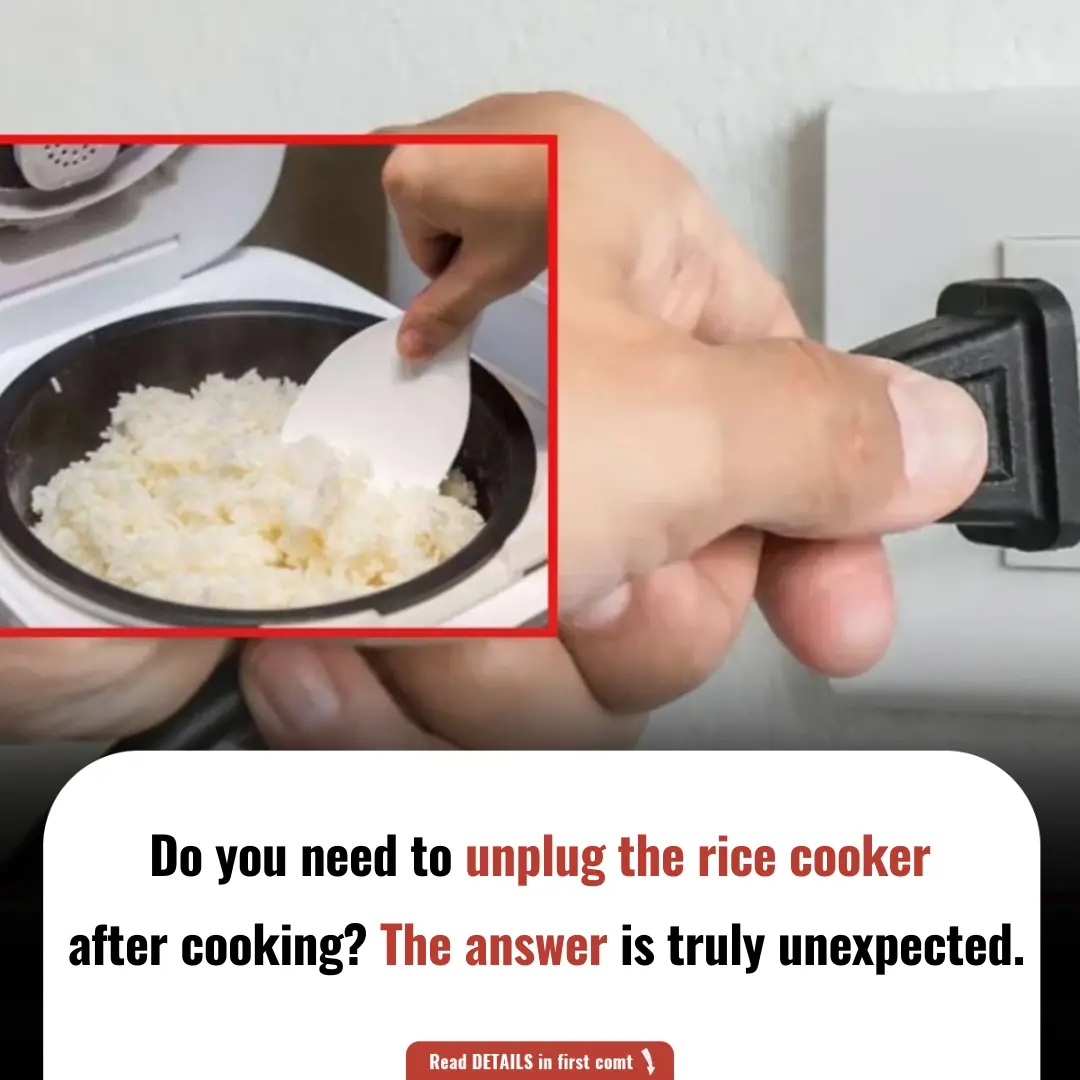
Rice Water: The “Liquid Gold” in Your Home That Most People Forget to Use

When it comes to cleaning, most of us think of a wide range of cleaning agents, sprays, and tools—many of which are expensive and full of harsh chemicals. But what if there was a natural, completely free alternative sitting right in your kitchen every single day?
Surprisingly, rice water—yes, the water left over from rinsing rice—is one of the most overlooked yet powerful natural cleaning agents you can use around the house. While it's often discarded without a second thought, this cloudy liquid is packed with starches and trace minerals that make it a gentle yet effective cleaner.
An All-Natural, Zero-Cost Cleaning Solution
Rice is a staple in many households around the world, especially in Asian cuisine. But most people don’t realize that the water used to rinse rice (before cooking) contains valuable compounds that can help clean various surfaces in your home safely and effectively.
Rather than pouring it down the drain, you can repurpose rice water as a chemical-free cleaning agent—ideal for those who are eco-conscious or looking to reduce exposure to synthetic products.
What Makes Rice Water So Effective for Cleaning?
Rice water is rich in:
-
Starch, which acts as a mild abrasive
-
Minerals and trace nutrients from the rice husk
-
Natural enzymes that can help break down dirt
When applied to non-greasy surfaces, it helps lift dust and grime, leaving surfaces clean and slightly polished without damaging them.
✅ Best Uses for Rice Water in the Home:
-
Wiping down kitchen counters
-
Cleaning ceramic sinks and bathtubs
-
Freshening up wooden furniture
-
Shining copper or bronze items
-
Polishing glass and mirrors (with a microfiber cloth)
-
Removing water stains or mineral buildup
Caution: Where Not to Use Rice Water
Rice water is mildly acidic (pH around 6), so it's not suitable for greasy surfaces like stove tops or oily kitchen utensils. Grease typically requires an alkaline cleaner (pH 8 or above) to break down fats effectively—this is why rice water isn’t a replacement for dish soap.
Also, while mildly acidic solutions are great for removing mineral stains or light rust, they can potentially damage delicate materials such as:
-
Unsealed stone (like marble or limestone)
-
Raw concrete or unglazed tiles
-
Certain metal surfaces prone to corrosion
So, avoid using rice water on these surfaces or test a small area first.
How to Make and Use Rice Water for Cleaning
Here’s a quick, simple method:
-
Rinse 1 bowl of rice with clean water.
-
Swirl and gently rub the rice grains with your fingers for about 30 seconds to release the starch.
-
Strain the rice and save the cloudy water.
-
Use the water immediately by dipping a clean cloth or sponge in it, and wipe surfaces as needed.
-
Let the cleaned area air dry, or wipe again with a dry cloth for a polished finish.
Bonus: You can cook the rinsed rice as usual—no need to wash it again!
Storage Tips
If you’ve collected more rice water than you can use in one cleaning session, don’t worry. You can store the extra in a sealed container and keep it refrigerated for up to one week. After that, it may start to ferment and develop an unpleasant smell.
Why You Should Start Using Rice Water Today
Using rice water isn’t just about saving money—it’s about embracing a low-waste lifestyle that’s healthier for both you and the planet. You're reducing your use of harsh cleaning chemicals while taking full advantage of something you'd normally throw away.
Whether you're a stay-at-home parent, a minimalist, or someone passionate about eco-friendly living, this simple switch can make your household feel cleaner, fresher, and more natural.
Pro Tip: Combine rice water with a few drops of lemon essential oil or vinegar for extra deodorizing power and a more pleasant scent.
With just one small habit change—saving and using your rice water—you’ve now added an effective, sustainable cleaning method to your home routine. Clean smarter, not harder.
News in the same category


Place One Garlic Clove in Each Room to Absorb All Bacteria, Viruses, and Prevent the Flu in the House

Don’t Turn on the Fan in Humid Weather: Follow These 5 Methods, and It Will Dry Instantly in 10 Minutes, Without Spending a Penny
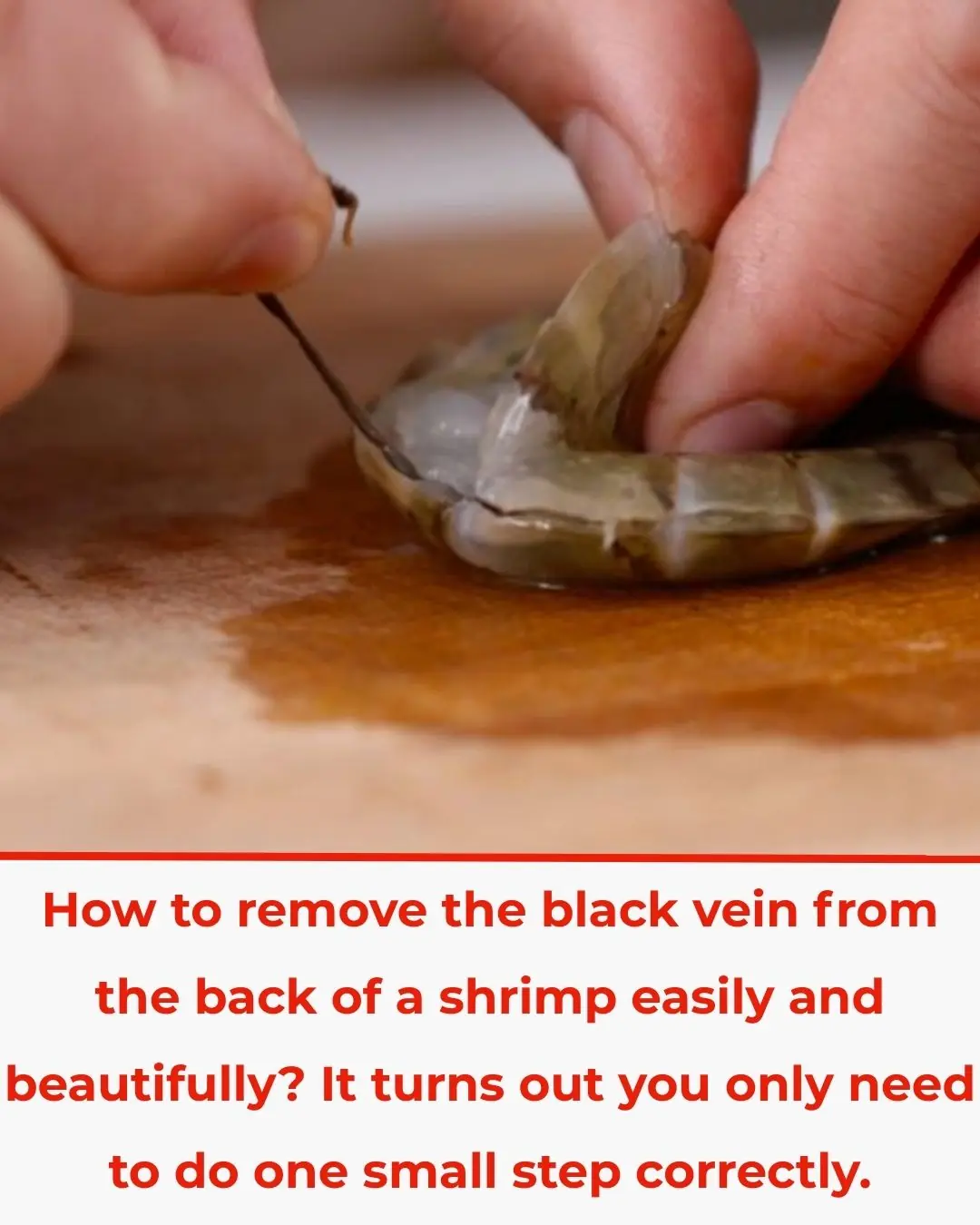
How to Easily and Neatly Devein Shrimp? Turns Out It Only Takes One Simple Step

How to Distinguish Shrimp Injected with Impurities: Easy Tips to Protect Your Health
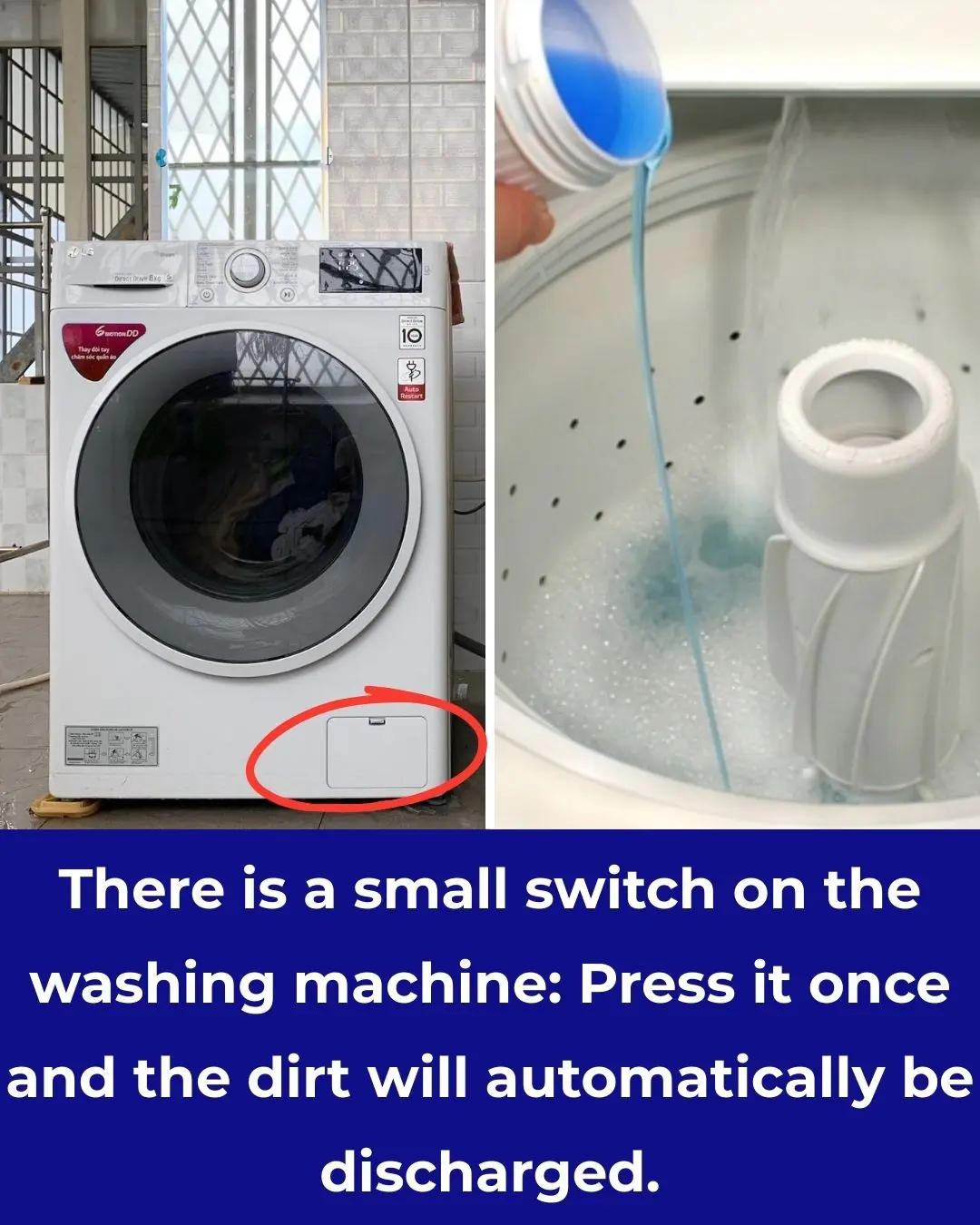
There Is a Small Switch on Your Washing Machine: Press It Once to Automatically Drain Dirty Water
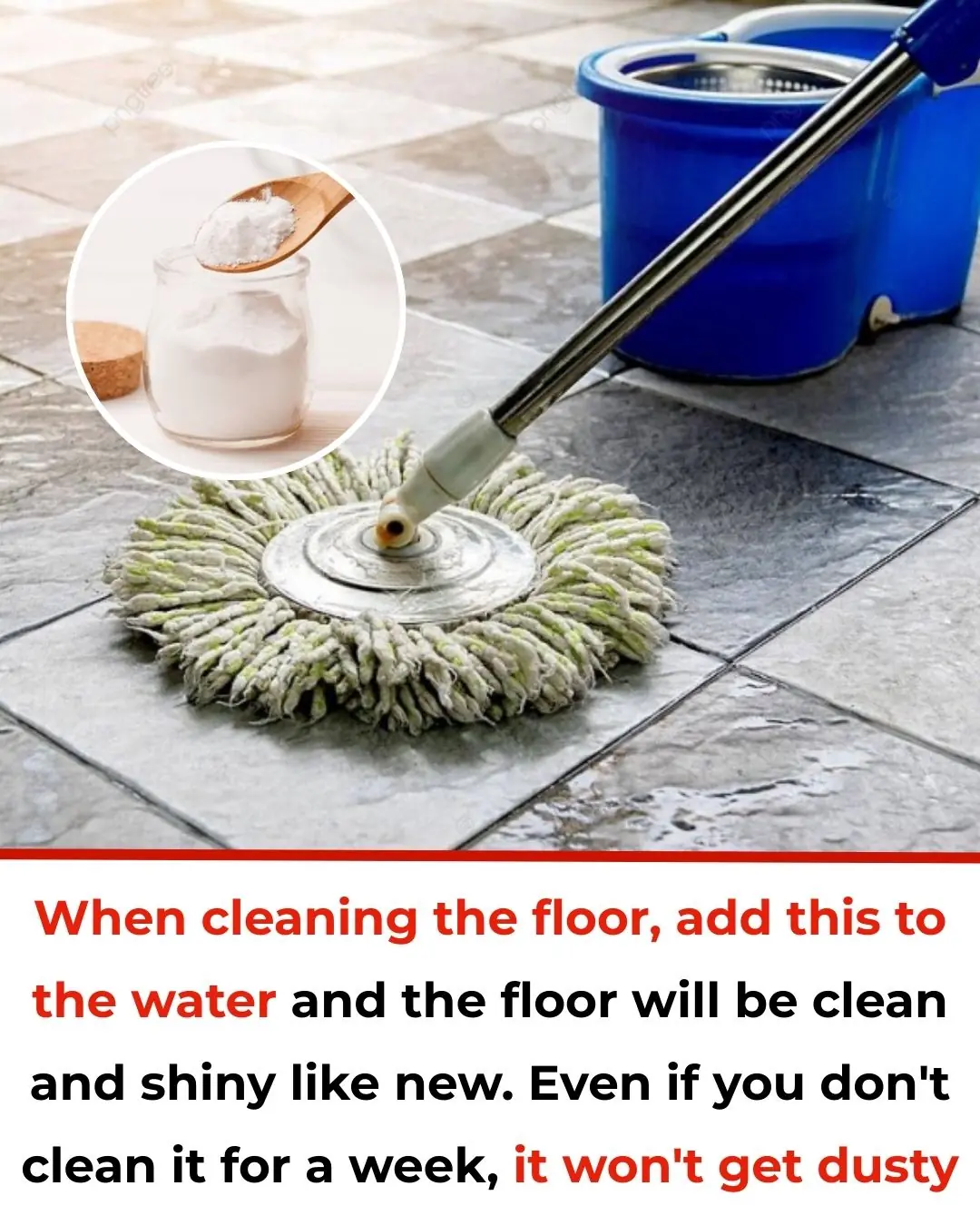
Add This Simple Ingredient When Mopping – Your Floors Will Shine Like New and Stay Clean All Week!

5 Delicious Eating Habits That Put the Whole Family at Risk of C:ancer – Extremely Dangerous and Should Be Avoided Immediately

Be careful — one single action at the airport could ruin your en:tire life.

Condolences to those who are using these 4 types of electric kettles: Throw them away while you still can, thousands of people have already developed c:ancer.
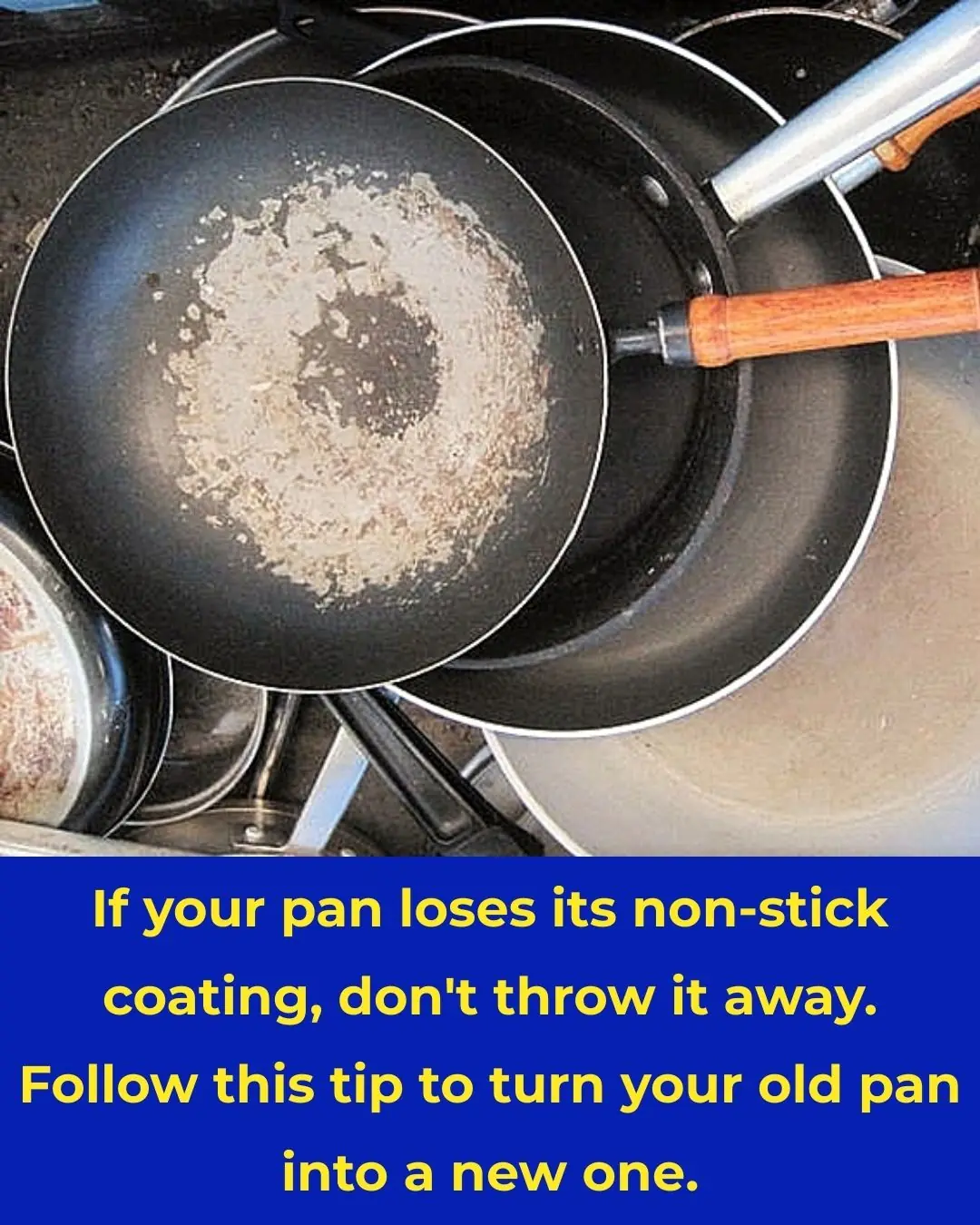
Don't Throw Away That Old Non-Stick Pan! Try This Simple Trick to Make It Like New
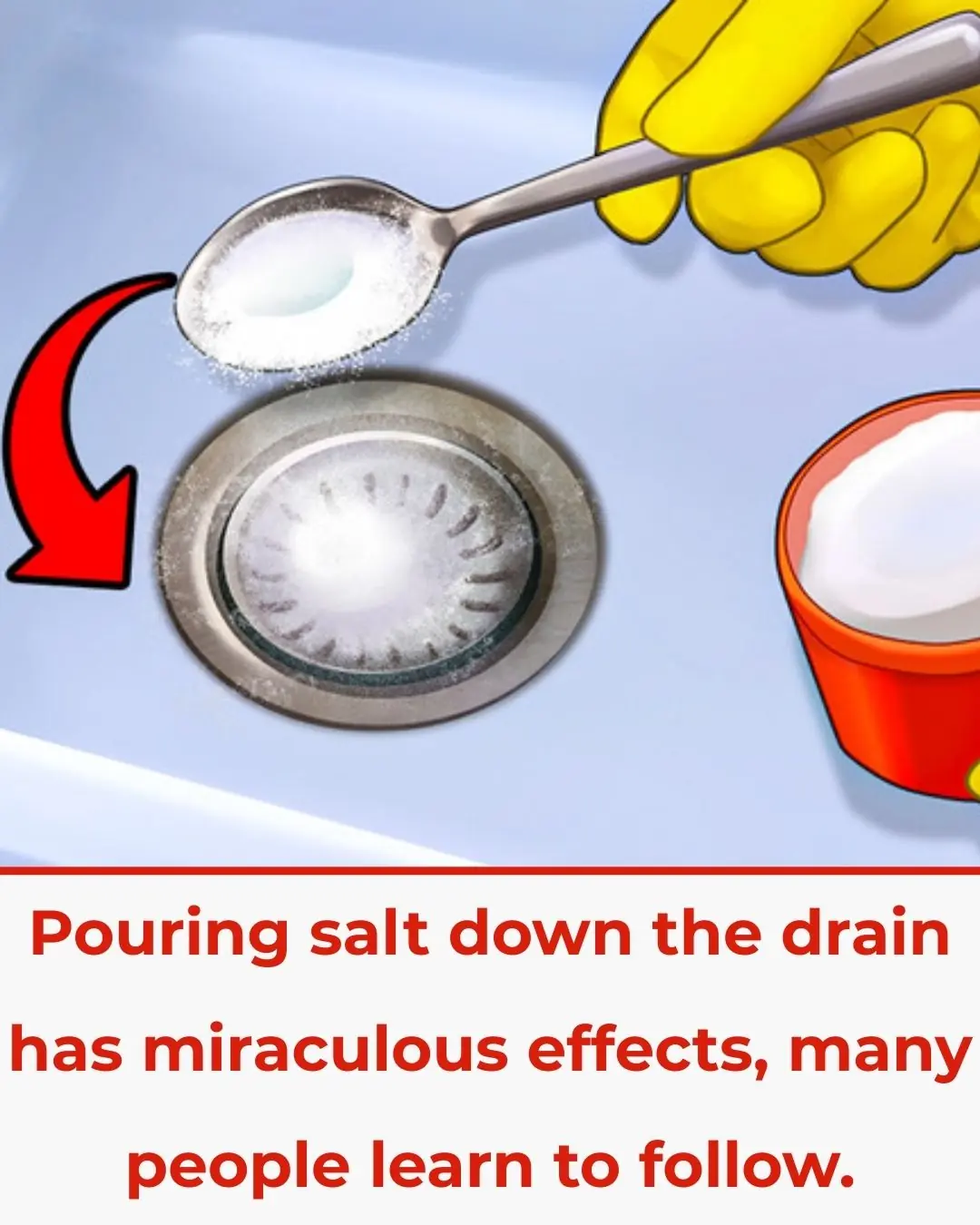
Pouring Salt Down the Drain: A Surprising Trick More People Are Trying
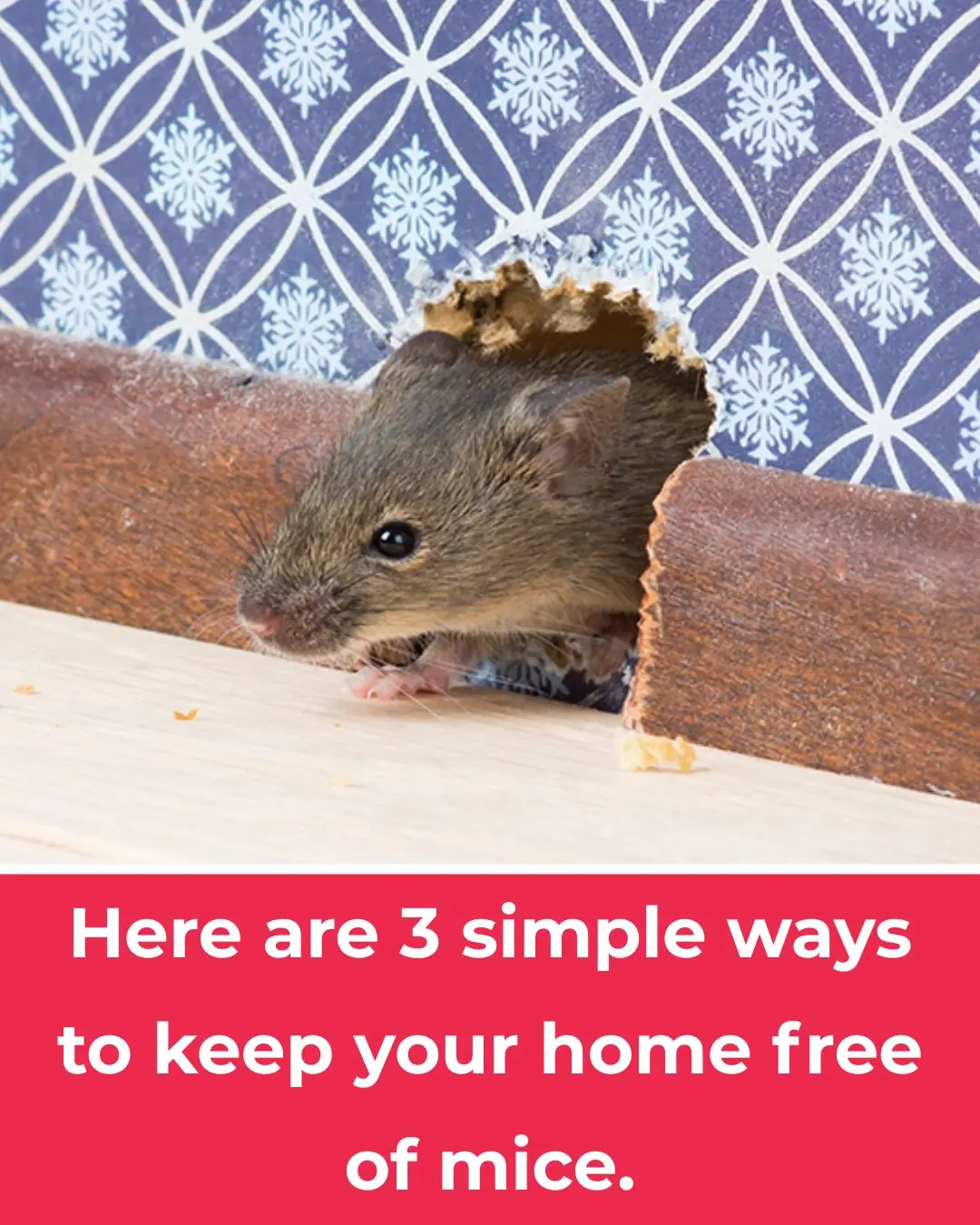
3 Simple Ways to Keep Your Home Completely Rodent-Free
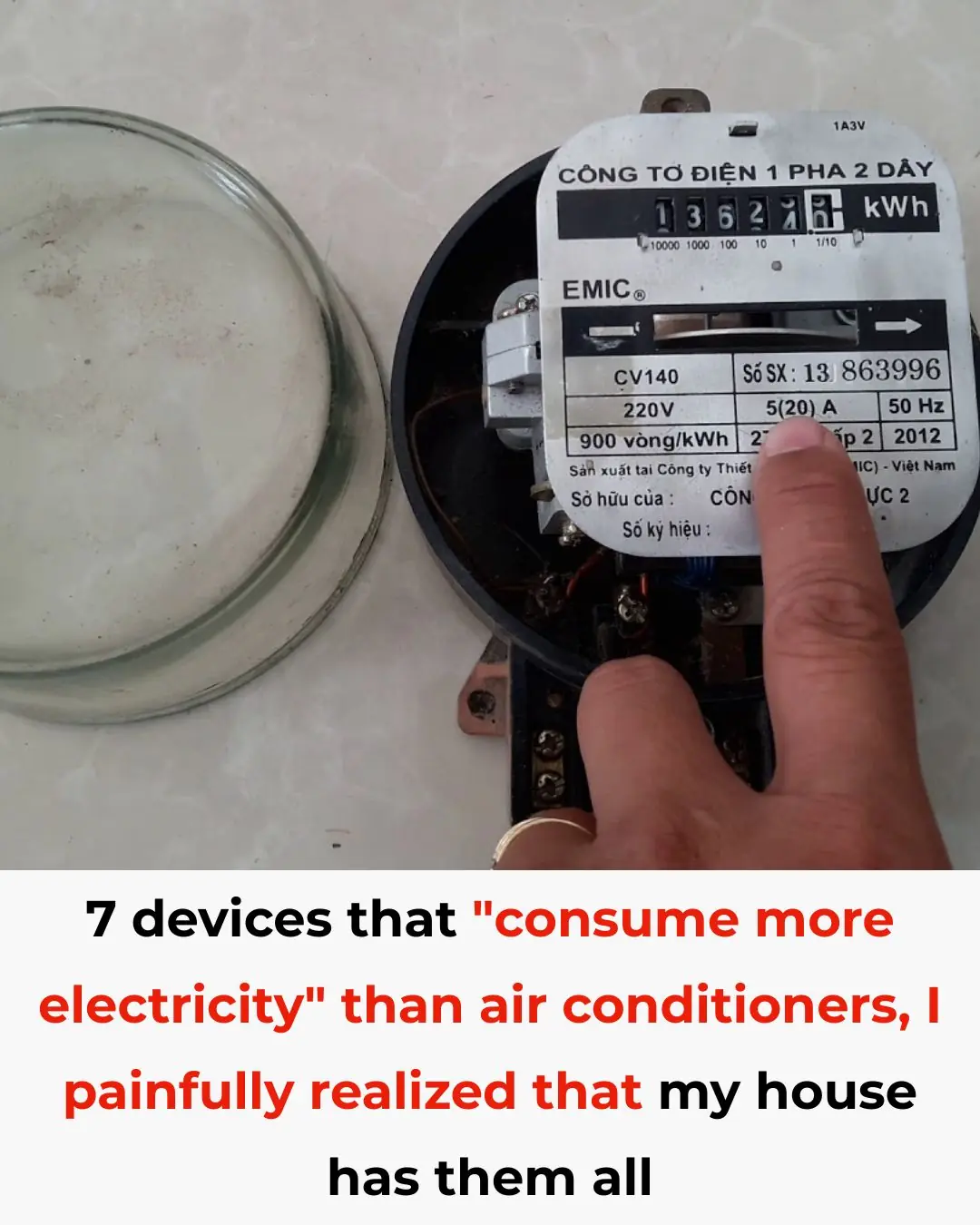
7 Household Appliances That Consume More Electricity Than Air Conditioners — I Sadly Realized My Home Has Them All

Four Plants in Your Garden That Attract Snakes Like Crazy — Remove Them Immediately for Family Safety
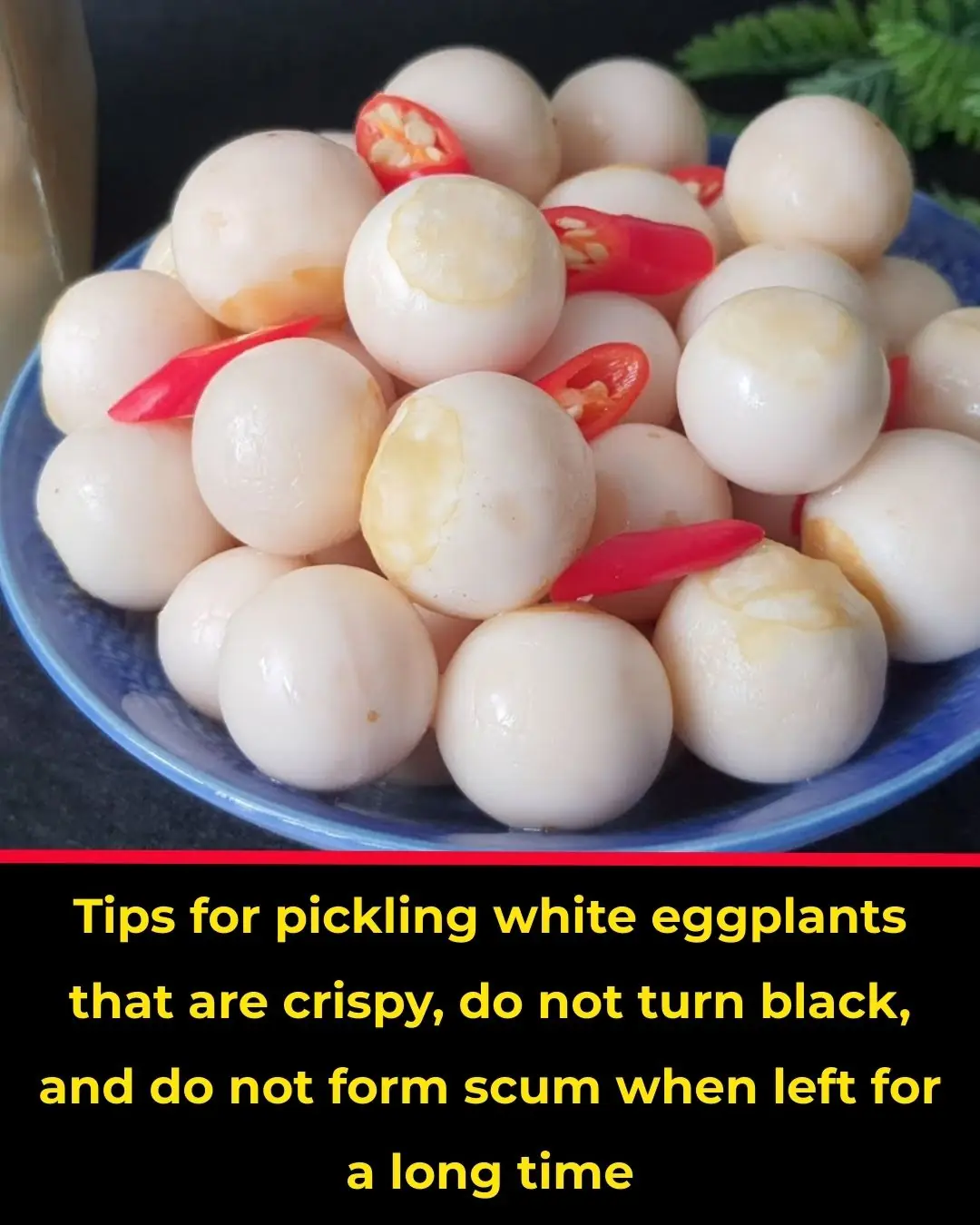
Tips for pickling white eggplants that are crispy, do not turn black, and do not form scum when left for a long time

How to grow papaya in pots, the fruit is heavy, big and sweet

4 habits that may be silently accelerating your body’s aging process
News Post

Do You Need to Unplug the Rice Cooker After Cooking? The Answer Is Truly Unexpected

Place One Garlic Clove in Each Room to Absorb All Bacteria, Viruses, and Prevent the Flu in the House
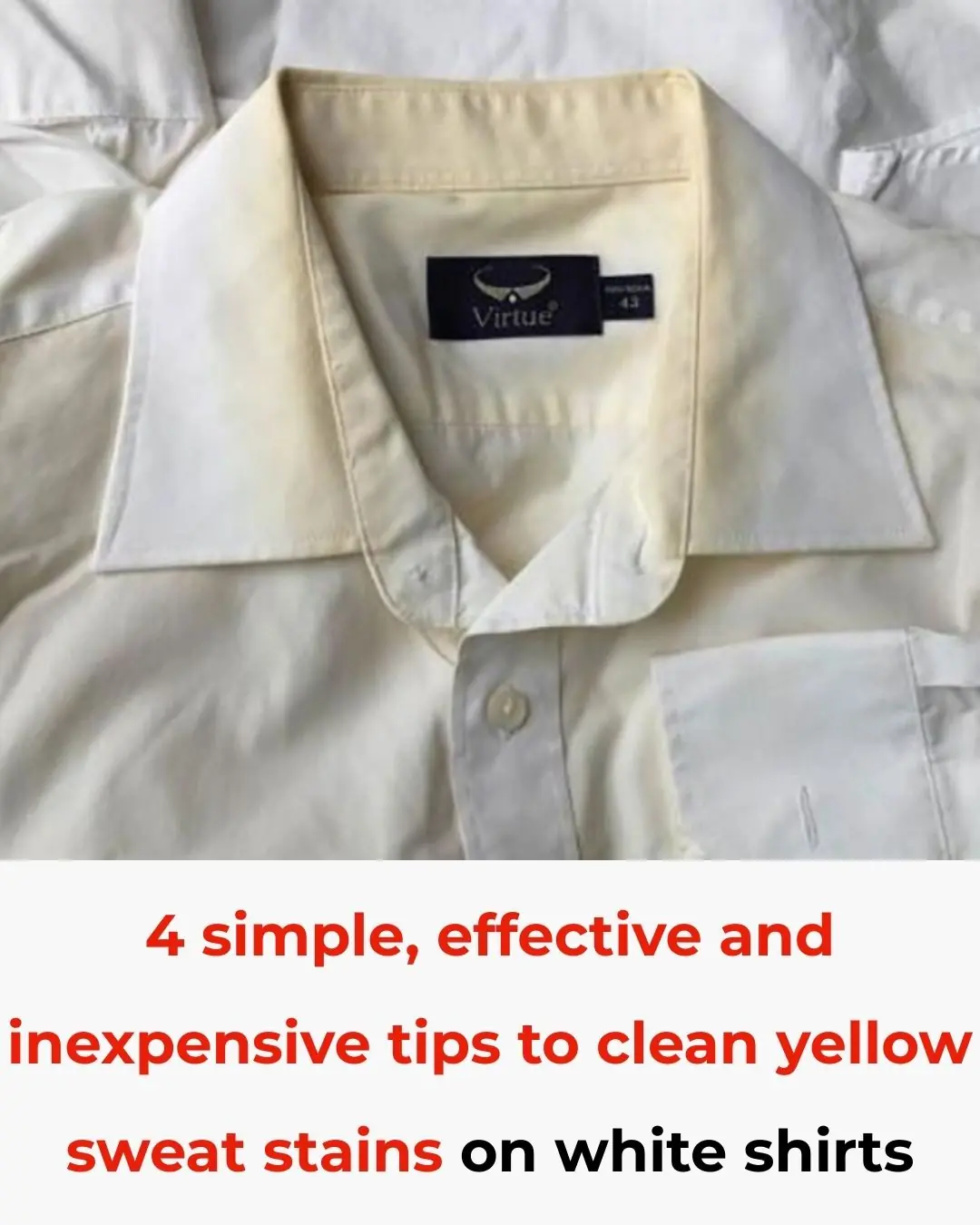
4 Easy and Cost-Free Ways to Remove Yellow Sweat Stains from White Shirts

Don’t Turn on the Fan in Humid Weather: Follow These 5 Methods, and It Will Dry Instantly in 10 Minutes, Without Spending a Penny
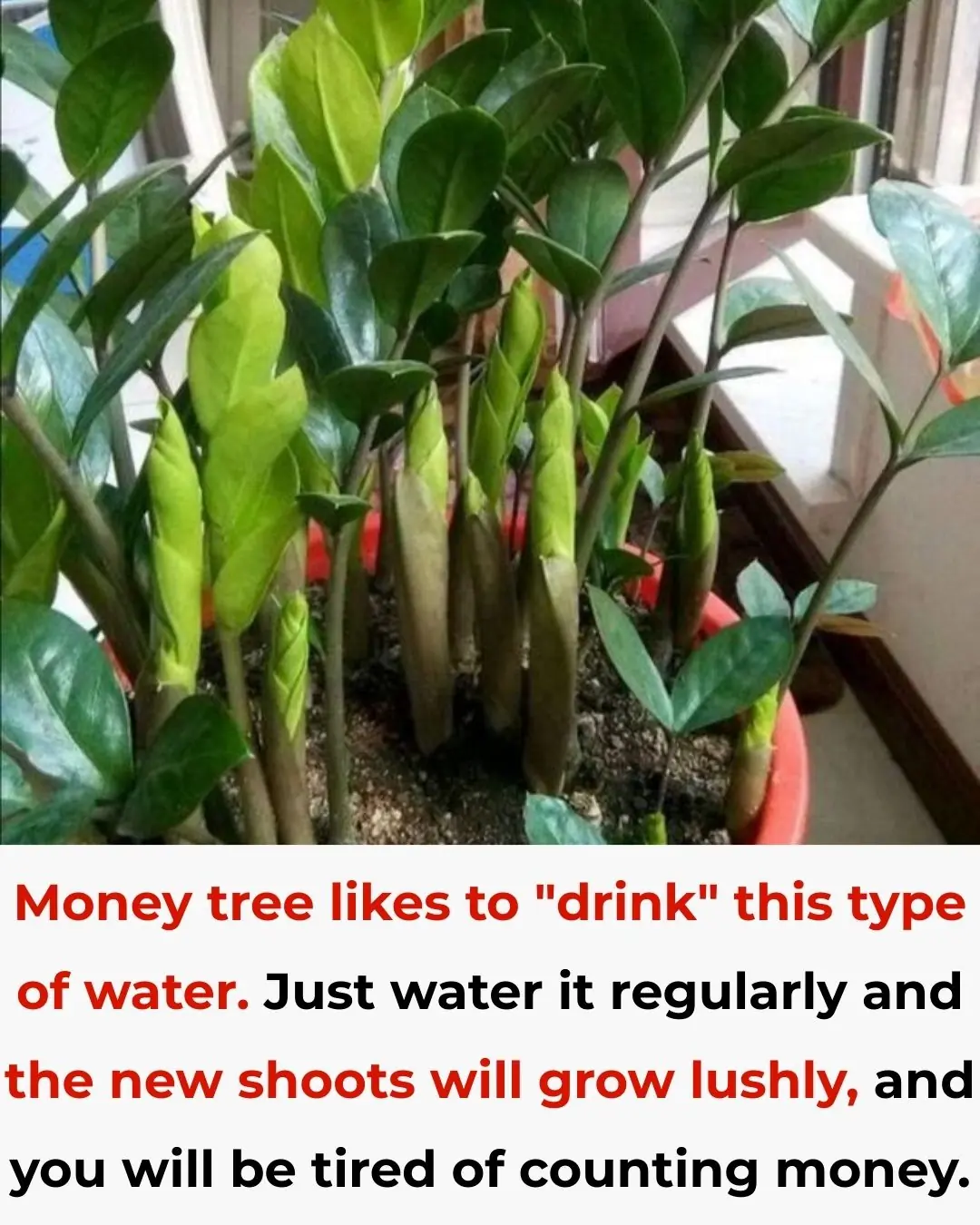
Money tree likes to "drink" this type of water. Just water it regularly and the new shoots will grow lushly, and you will be tired of counting money

How to Easily and Neatly Devein Shrimp? Turns Out It Only Takes One Simple Step

How to Distinguish Shrimp Injected with Impurities: Easy Tips to Protect Your Health
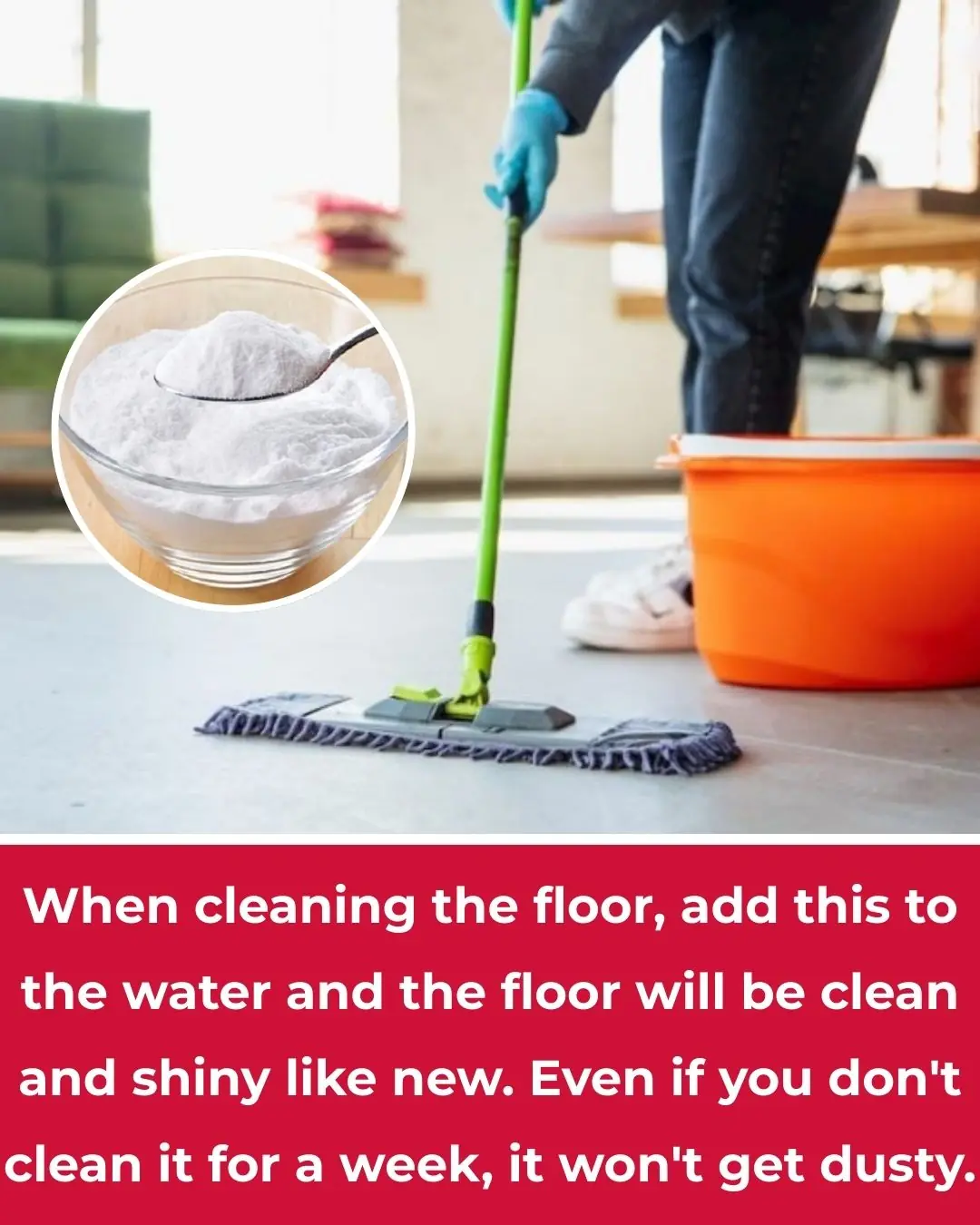
When cleaning the floor, add this to the water and the floor will be clean and shiny like new. Even if you don't clean it for a week, it won't get dusty.

There Is a Small Switch on Your Washing Machine: Press It Once to Automatically Drain Dirty Water

How to Extend Your Smartphone Battery’s Lifespan

What really happens to your kidneys when you drink coconut water

Hotel Room Red Flags You Should Never Ignore

Trump Announces Eye-Watering $200,000,000 White House Renovation Plans
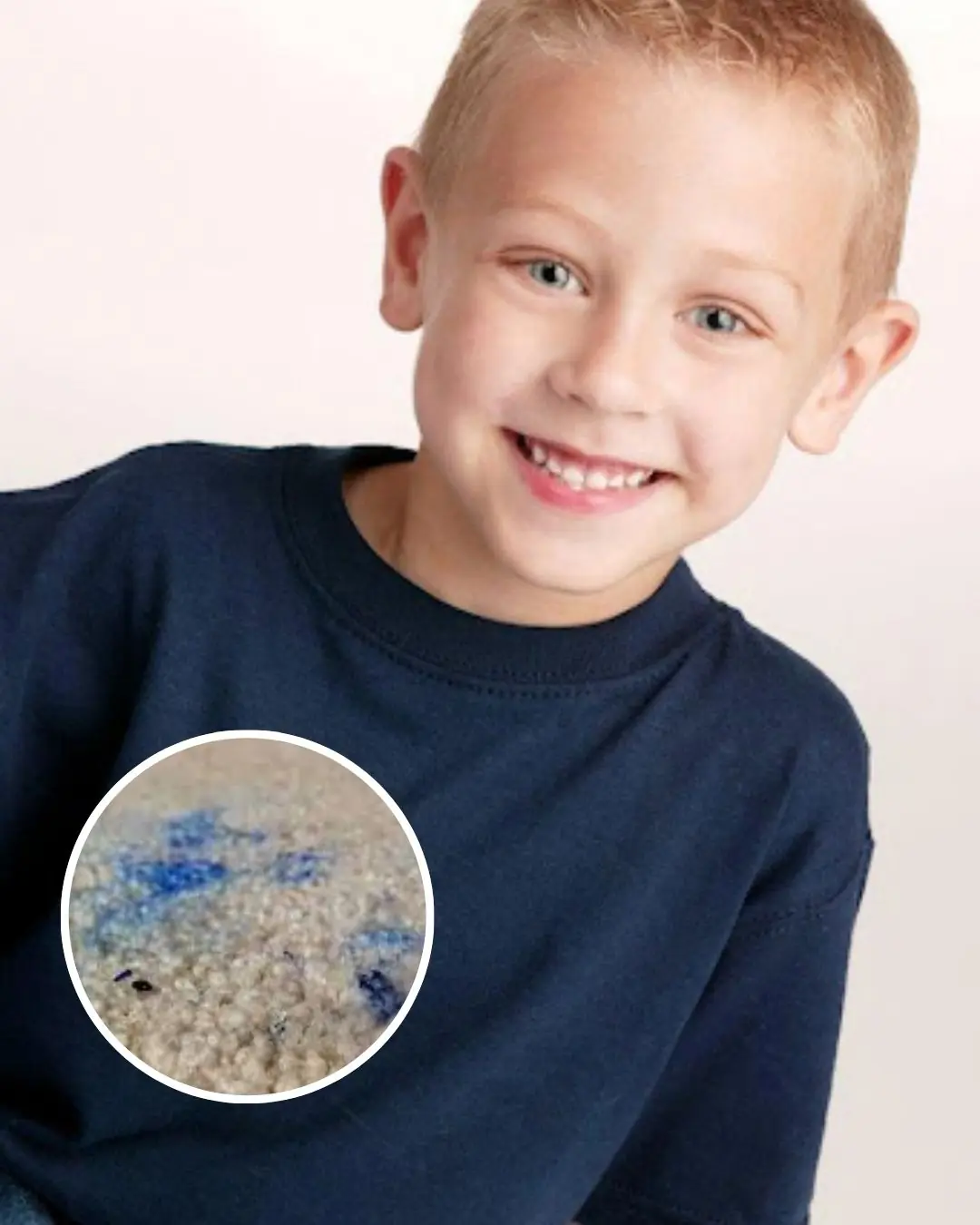
6-yr-old boy dies and leaves blue stain on carpet: years later, mom makes heartbreaking discovery

1 tablespoon every morning to naturally cleanse your blood vessels

Turkey bars Israeli ships from its ports, restricts airspace

Goosegrass: Nature’s Hidden Wellness Secret
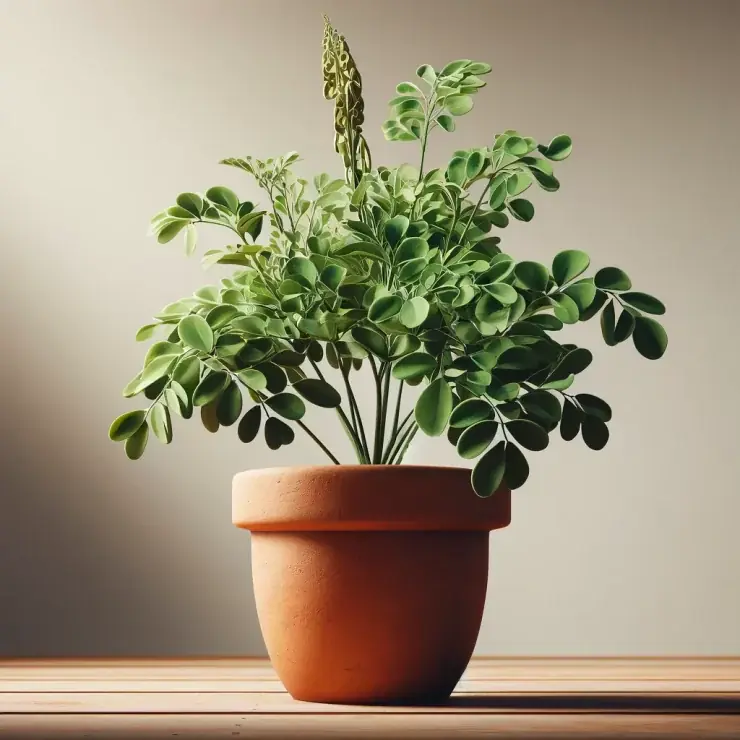
Discover The Miraculous Benefits of Moringa

10 Best Homemade Potato Face Packs for Different Skin Types
